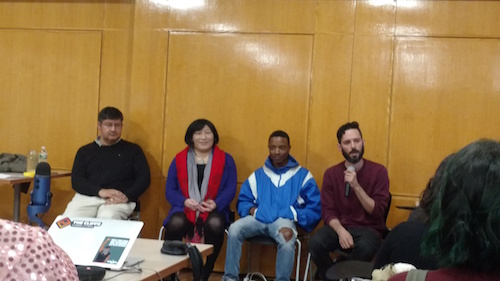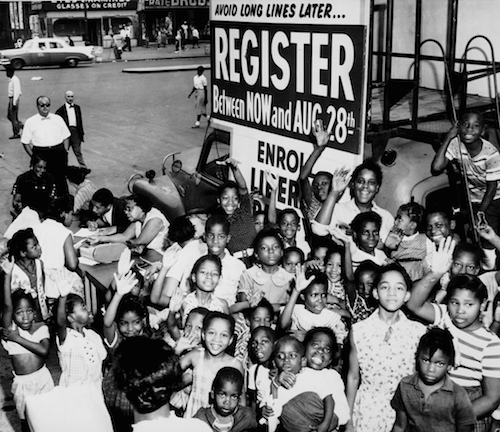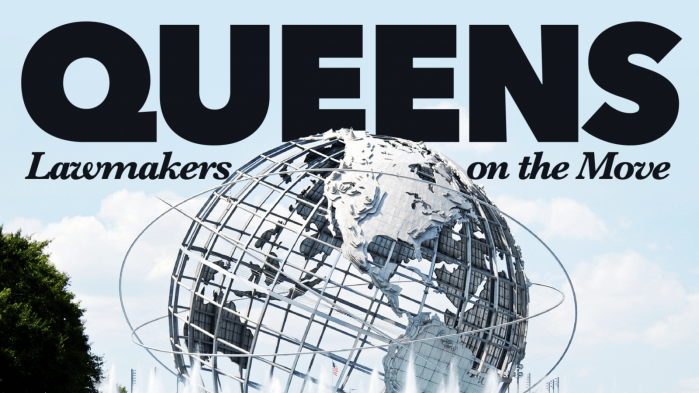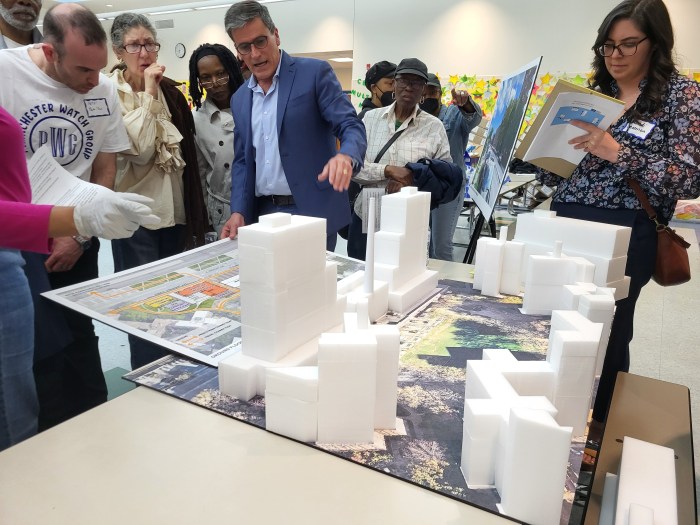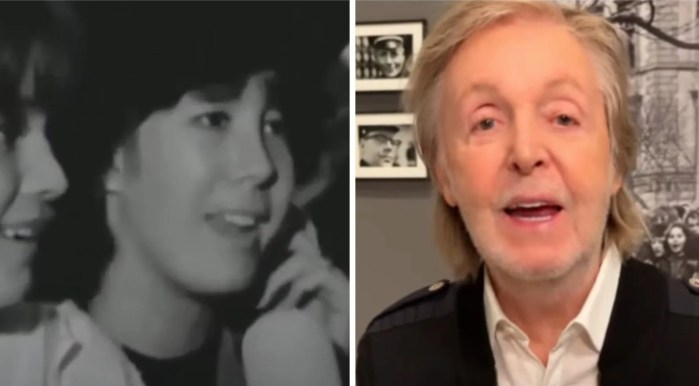Pauline Park, chair of the New York Association for Gender Rights Advocacy, began a panel discussion at a LaGuardia Community College classroom yesterday with a question: how many people knew how the Speaker of the City Council is elected? In a room with over 40 people, only one person raised his hand.
“It’s probably reflective of the city,” Park, a transgender activist, noted.
The question was part of a conversation about gentrification, the New York City Council, and, most importantly, the real estate industry’s power in New York City.
The Queens Anti-Gentrification Project and the news outlet, Progress Queens, organized the event, which included a panel, titled “Money, Power, and Politics: Queens Democrats Examined.”
Park explained the tremendous political power held by the Queens County Democratic Party in City Council elections. For example, three out of the last four Speakers of the City Council – the exception being current Speaker Melissa Mark-Viverito – were installed thanks to the Queens delegation.
“Ordinarily, the Queens County Democratic Party chair can deliver all [the votes of] 14 members of the Queens delegation,” she said. “Because the Brooklyn delegation is usually split in these elections, Queens usually has the largest delegation. In effect, the chair of the Queens County Democratic Party has been the king-maker three out of four times.”
This usually leads to a lot of money, political deals, and favors for any candidate aiming to become the next speaker.
“Whoever is elected, I can only guarantee you, will have a lot of IOUs. Those IOUs won’t be held by us, but by corporations, banks, and, above all, the real estate industry,” she said.
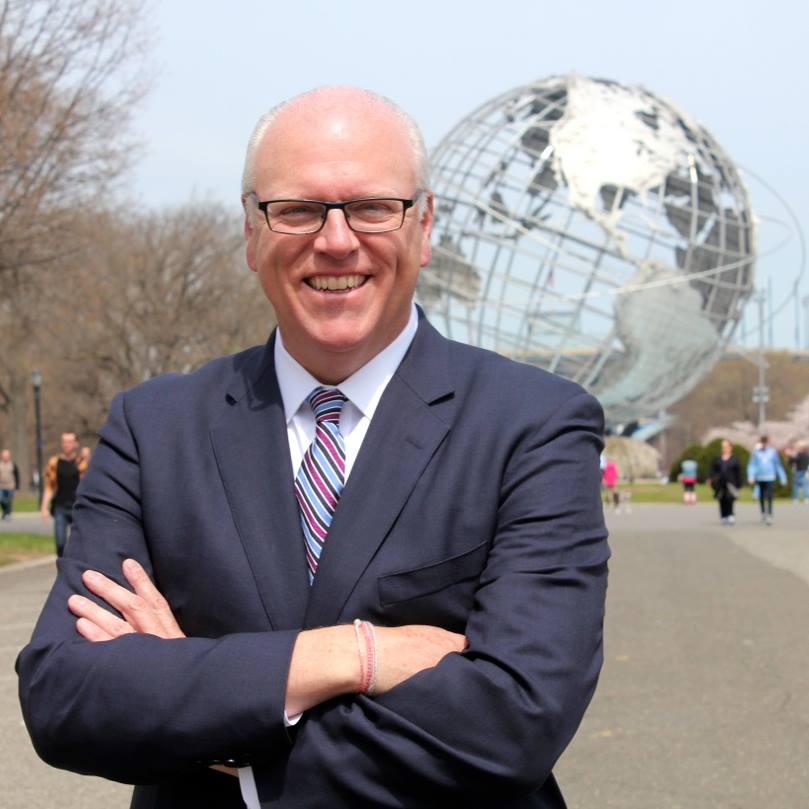
The current chairman of the Queens County Democratic Party is U.S. Rep. Joseph Crowley, a person, Progress Queens publisher and activist Louis Flores said, with significant power in advancing zoning community plans in any neighborhood.
Flores stressed the community backlash to the City Council-approved zoning community plans, or government regulations on land use, that can lead to luxury condominiums in Flushing, Willets Points, Long Island City, and beyond.
“Who is responsible for giving us a Speaker that’s going to approve every single zone busting deal? It’s Joe Crowley,” he said.
Meanwhile, the only beneficiary to the redevelopments were the real estate companies and its trade association the Real Estate Board of New York, an organization Flores designated as the most influential lobby group in New York State. In the first half of 2017, REBNY spent over $300,000 in contributions to both political committees and campaigns in New York State.
The consequences of the real estate industry’s presence in New York was also raised by panelists. Kenneth Shelton, Jr, a resident in Jamaica and student at St. John’s University, talked about gentrification as one problem affecting New Yorkers.
“A lot of people put gentrification on the back burner. But if we can’t live in New York City, we can’t fight for any other issue,” he said.
Shelton elaborated that gentrification is not inevitable and that there existed strategies to resist it. He spent hours on the street speaking with Jamaica residents about the topic and shared resources for anyone experiencing housing issues.
“Form your own organization if you haven’t. Be in touch with your community. You can stand on the corner and talk about rising rents, I’m sure someone will talk to you,” he said.


